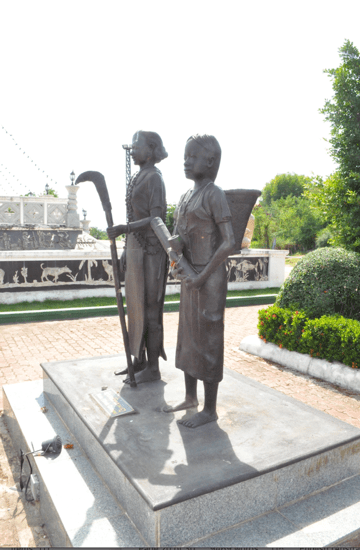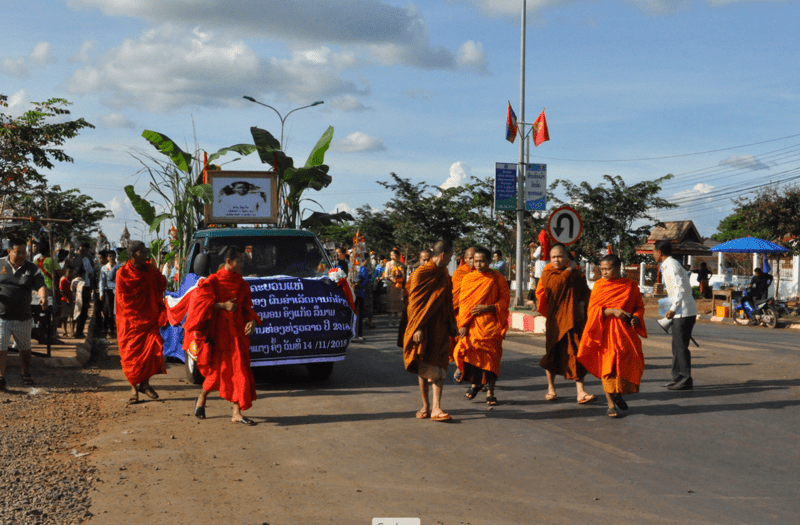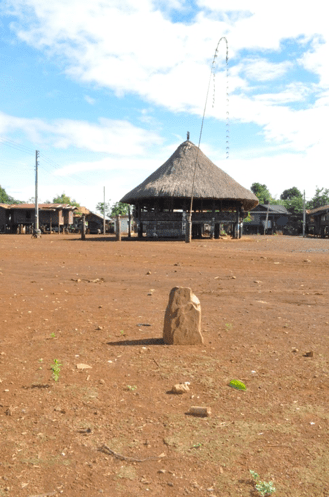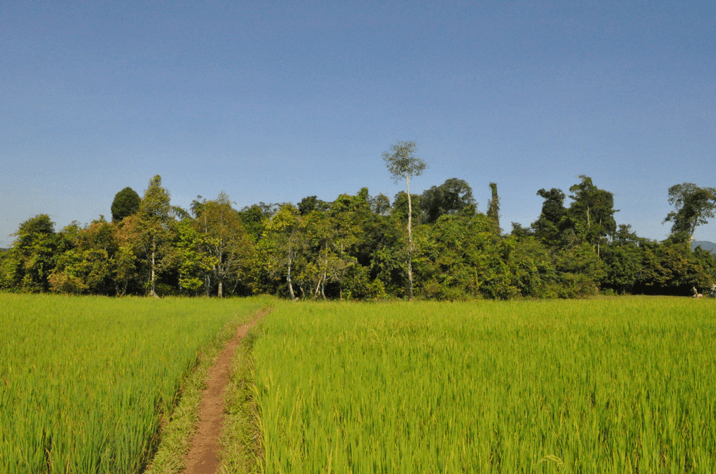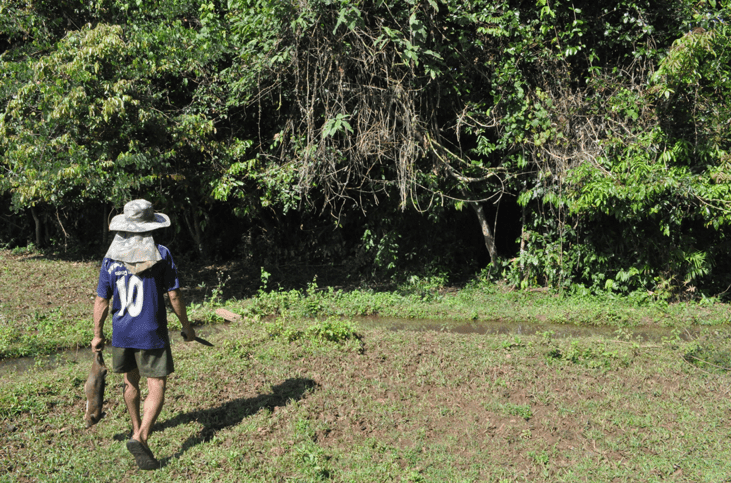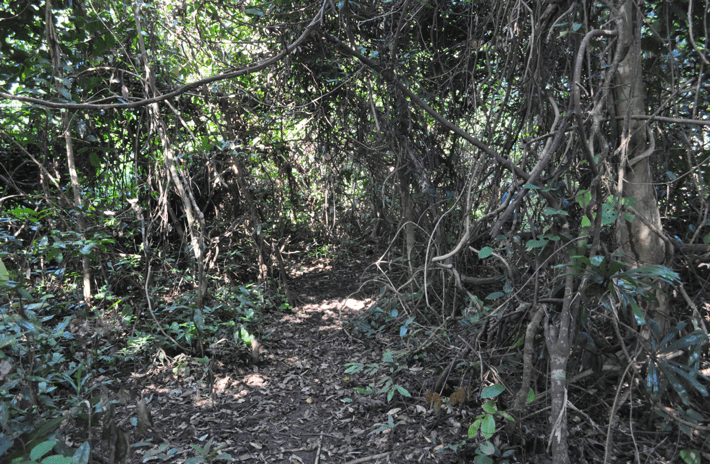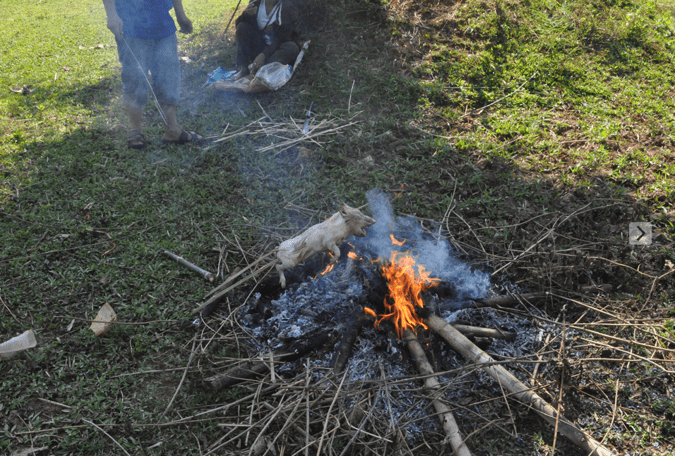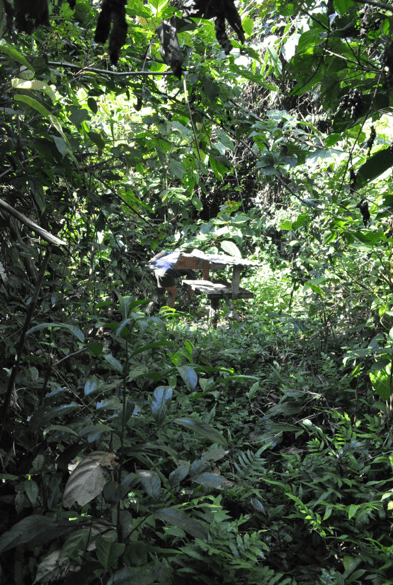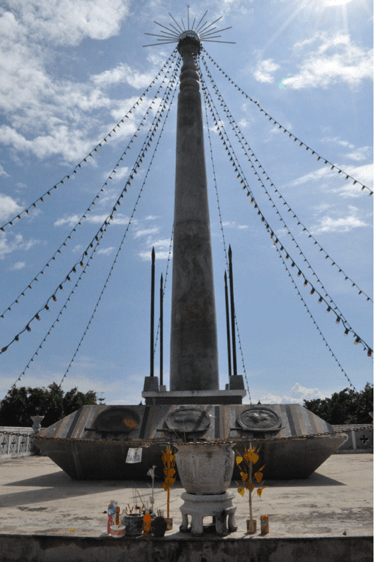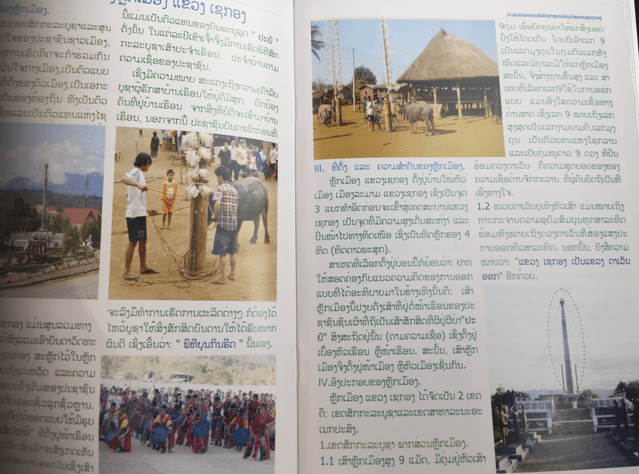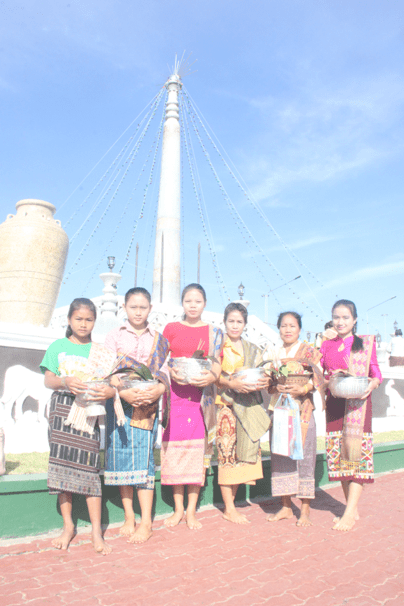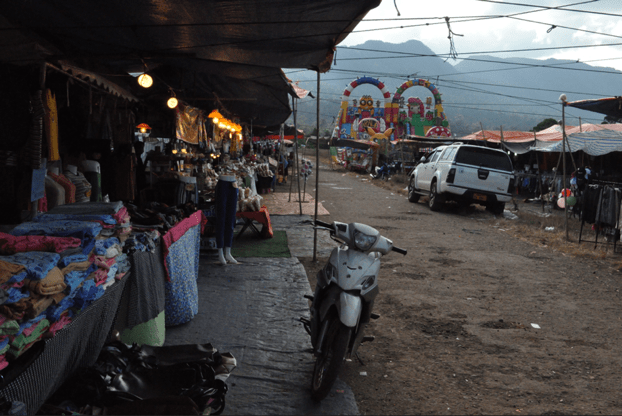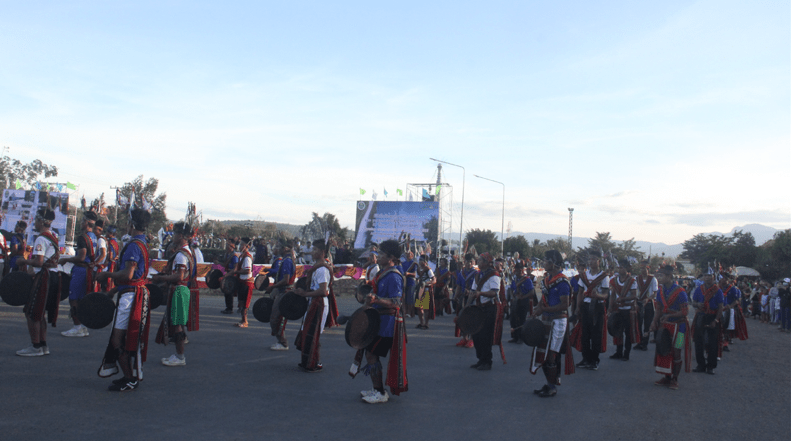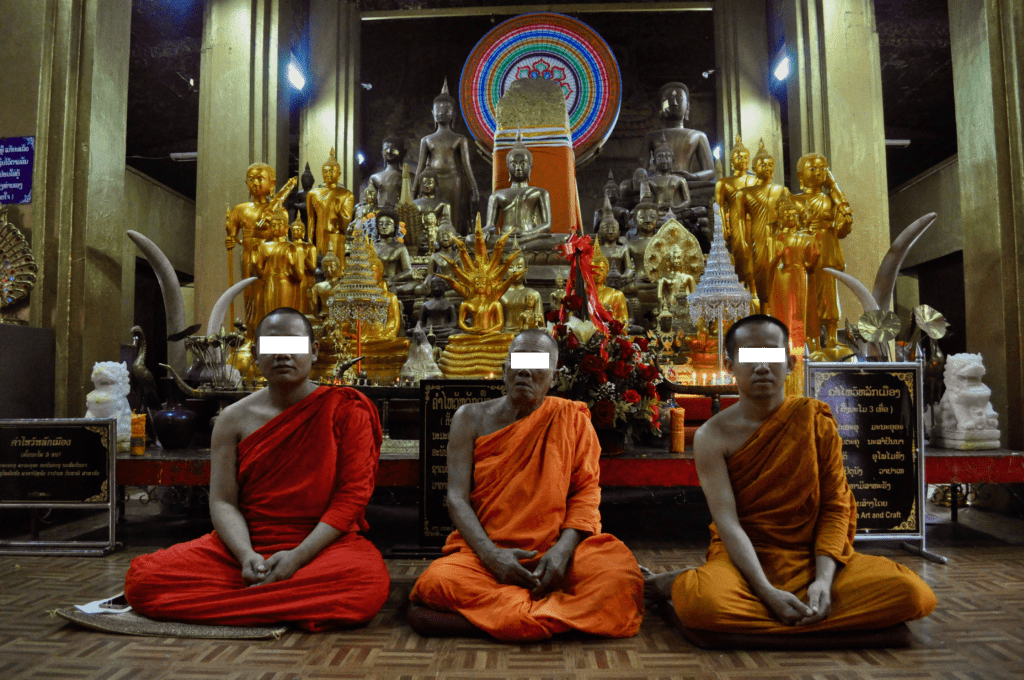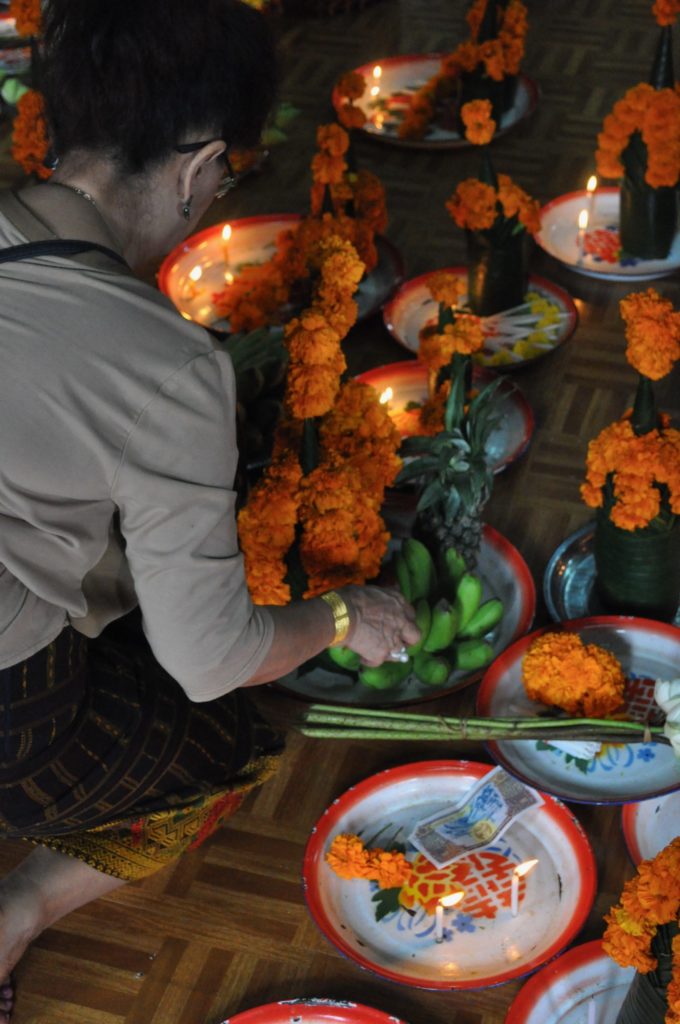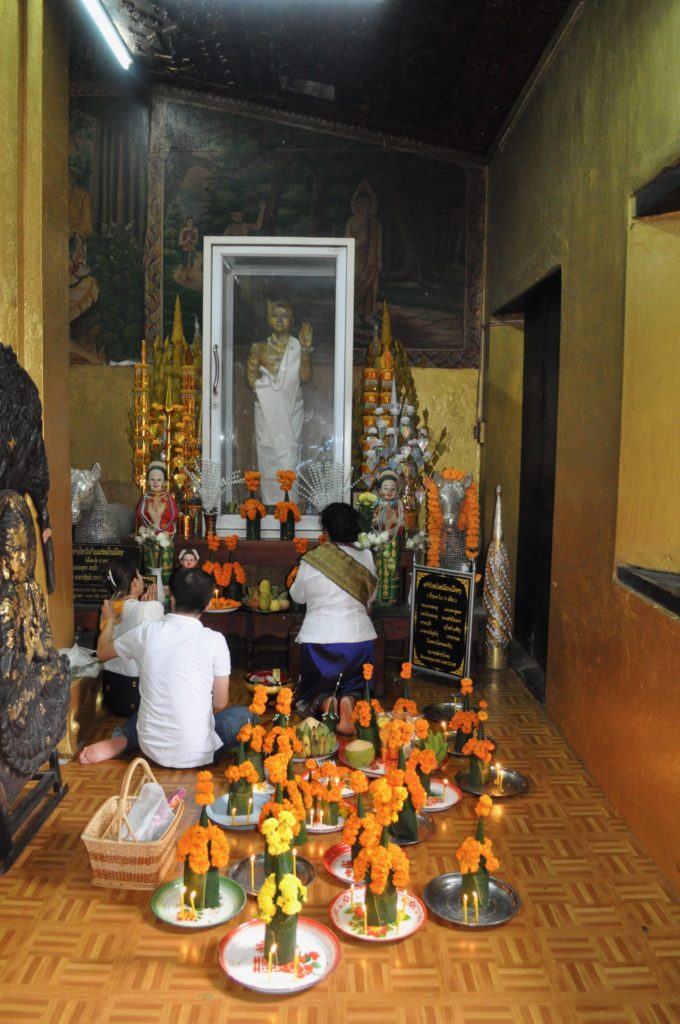Stone Masters
Power Encounters in Mainland Southeast Asia
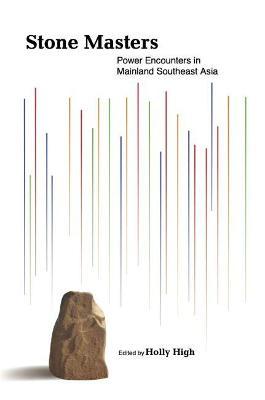
about the book
Stone Masters (2022) examines stone veneration in mainland Southeast Asia. The topic is vast and is itself but a small segment of an even larger topic, which is the veneration of stones by humans across all continents. Therefore, this book draws together scholars and scholarship from across the region. Our commitment, collectively, is that close attention to particular cases of stone veneration is a pathway to understanding the phenomenon, and indeed it is often the only path that is available. However, this path must lead beyond singular cases if it is to yield general insights. A regional, ethnological perspective is useful because it provides a vantage which is neither so tightly focused on one locale that it ends up insisting on that place’s uniqueness, nor is it so beholden to generalising impulses that it fails to ring true with on-the-ground observations. Our hope is that this investigation of stone veneration in mainland Southeast Asia will speak to investigations into stones, mastery, authority, and the interplay between the power of life and the power over life evident in the wider Asia Pacific region and beyond.
about the contributors
Sally Bamford is an art historian with a keen interest in the art and architecture of South East Asia. Her doctoral thesis explored the development of Myanmar’s nat (spirit) imagery throughout history and is currently being rewritten for publication. Bamford would like to acknowledge the nats and the Myanmar people, and in particular Francois Tainturier, whose help regarding the history of Mandalay was both generous and invaluable. The research for this article was conducted during the course of her PhD candidature with the Australian National University and was supported by an Australian Government Research Training
Program (RTP) Scholarship.
Benjamin Baumann is an Assistant Professor and coordinator of the MA programme ‘Anthropology’ at Heidelberg University’s Institute of Anthropology. He holds a PhD in Southeast Asian Studies from Humboldt-Universität zu Berlin.
His work examines rural life-worlds, socio-cultural identities, and local language games, focusing on the ghostly structures the imagination of social collectives and communal sentiments of belonging in contemporary Thailand. The ethnographic
material discussed in his chapter was gathered during several fieldwork trips that were funded by the German Research Council (DFG), the Federal Ministry of Education and Research (BMBF), and a grant of the Humboldt-Princeton Strategic Partnership.
Penny Van Esterik is Professor Emerita of Anthropology, recently retired from York University, Toronto, where she taught nutritional anthropology, advocacy anthropology and feminist theory, and is currently adjunct professor at the
University of Guelph. Her fieldwork was primarily in Southeast Asia (Thailand and Lao PDR). She is a founding member of WABA (World Alliance for Breastfeeding Action) based in Malaysia and has developed advocacy materials on breastfeeding and women’s work, breastfeeding and feminism, and contemporary challenges to infant feeding such as environmental contaminants and HIV/AIDS.
Kazuo Fukuura is an Associate Professor of Anthropology at Toin University of Yokohama. He holds a PhD from Kyoto University. He has conducted his fieldwork on spirit worship, spirit mediumship, and Theravada Buddhism in northern
Thailand, focusing on how religious practices and their performative power create communalities and communities in the region. Funding in support of the research in this chapter was provided by the Japan Society for the Promotion of Science (JSPS).
John Clifford Holt was William R. Kenan, Jr. Professor of the Humanities in Religion and Asian Studies at Bowdoin College in Maine (USA), where he was on faculty during 1978–2019. He has been Visiting Professor of South and Southeast Asian Studies at the University of California (Berkeley) and Visiting Professor of Theravada Buddhism at the University of Chicago since that time.
Klemens Karlsson is a researcher at the Regional Center for Social Science and Sustainable Development (RCSD) at Chiang Mai University, Thailand. He obtained his PhD at Uppsala University, Sweden. Already at that time doing research about early Buddhist art in the Indian subcontinent, he came in contact with the writings of Paul Mus about monsoon Asia. Over the last ten years doing research in the borderlands of Upper Southeast Asia, the writings of Paul Mus have once again been important. The invitation to the conference panel ‘Stone Masters’ held in Sydney 2018 was just right in time when he was in the middle of a research project about territory spirits in Chiang Tung.
Paul-David Lutz is a (former) rural development worker and recent PhD graduate at the University of Sydney’s Department of Anthropology. He is currently an Honorary Associate at the University of Sydney’s School of Social and Political Sciences and a Writing Fellow at the Sydney Southeast Asia Centre. His chapter is based on ethnographic fieldwork supported with funding from the University of Sydney’s Department of Anthropology Carlyle Greenwell Bequest and the University of Sydney’s FASS Doctoral Research Travel Grant Scheme.
Ngô, Thị Diễm Hằng is a lecturer of Vietnamese Studies at Hanoi National University of Education and affiliated with School of Interdisciplinary Science, Vietnam National University in Hanoi. Her research interest includes but is not
limited to folklore studies, religion studies, social anthropology, social practice theory and Vietnamese Studies. Hang’s attendance at the Denver’s conference is partly funded by Hanoi National University of Education. This chapter is developed from a part of her research for a doctoral dissertation at the University of Adelaide from 2011 to 2016.
Courtney Work is Associate Professor of Ethnology at National Chengchi University. Her contribution to this volume reports on research that was funded by multiple sources including a Dissertation Improvement Grant from the US National Science Foundation, the MOSAIC project, as well as multiple research grants from the Center for American Overseas Researchers (CAORS), and the Center for Khmer Studies.
